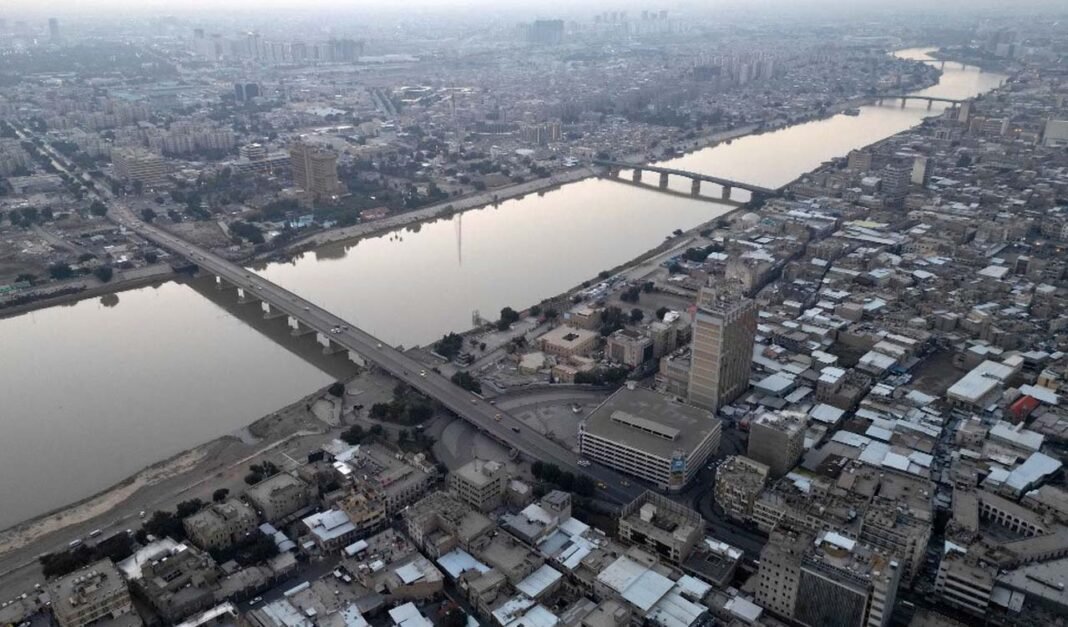Iraq continues pushing forward with its national rebuilding strategy by approving fresh development projects across several vital sectors. These new efforts reflect the country’s broader goal of reviving its economy through Iraq reconstruction plans.
The Higher Committee for Reconstruction and Investment, chaired by Prime Minister Mohammed Shia al-Sudani, led the latest round of approvals. The committee focused on areas such as housing, energy, oil, and pharmaceuticals. These sectors represent major priorities in Iraq’s national development roadmap.
As part of Iraq reconstruction plans, the government also aims to revive cultural heritage. During the meeting, the Minister of Culture, Tourism, and Antiquities discussed renovation plans for key historical sites. These projects aim to boost tourism and preserve Iraq’s ancient identity.
In Mosul, the government approved a new pharmaceutical manufacturing facility. This decision supports Iraq’s ambition to localize its medicine production. By building pharmaceutical infrastructure, Iraq seeks to reduce import dependence and strengthen its health sector.
The committee also worked with the governor of Nineveh to support residential and commercial projects. These developments target key urban areas in northern Iraq. The projects aim to improve living standards and offer economic opportunities in the province.
Energy was another major topic during the meeting. The director of Iraq’s General Company for Electricity Transmission shared strategies to improve electricity delivery. The plan ensures that new housing projects in Baghdad and nearby provinces will have a steady power supply.
To support this, officials proposed a new system for efficient electricity distribution. This move reflects Iraq’s growing focus on sustainable development under Iraq reconstruction plans. The strategy also includes reducing power cuts and improving grid stability.
These efforts mark another step in Iraq’s mission to speed up development and support long-term recovery. The government continues to balance economic reforms, infrastructure growth, and better public services.
Through coordination between ministries and provinces, Iraq shows steady progress toward a more resilient and self-sufficient future. The Iraq reconstruction plans represent more than just rebuilding—they reflect a commitment to creating lasting change across the country.


